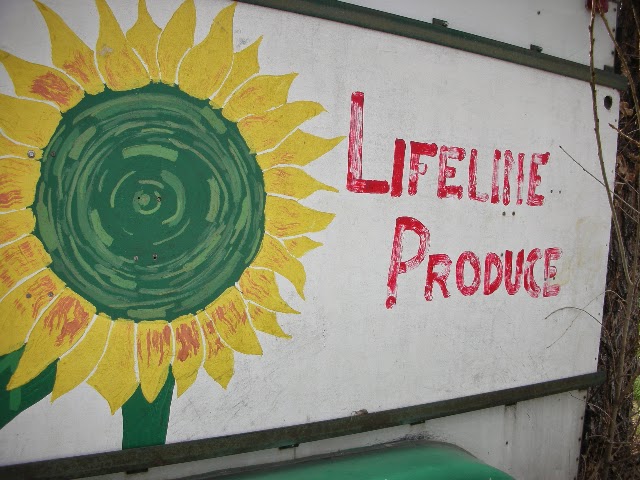 This semester I got to work with GUTS!, a program though
YWCA in Missoula. GUTS! is a non-profit organization that stands for “Girls
Using Their Strengths.” This unique leadership and empowerment program is designed by and for young women. The program encourages young women to explore
their personal values and discover their strengths through wilderness
adventures in the summer and during after-school groups.
This semester I got to work with GUTS!, a program though
YWCA in Missoula. GUTS! is a non-profit organization that stands for “Girls
Using Their Strengths.” This unique leadership and empowerment program is designed by and for young women. The program encourages young women to explore
their personal values and discover their strengths through wilderness
adventures in the summer and during after-school groups.
During my semester, I helped with the planning for the
summer adventure trips. These trips give
girls a unique experience to increase self-confidence, hone individual
strengths and cultivate their appreciation for the natural world in an
environment free from societal pressures.
My main focus was on the Youth Leadership Training Trip, a new addition
to the program this summer. This trip
offers leadership training and an opportunity to help lead younger GUTS! trips
this summer. This trip consists of four
days backpacking in the Bitterroot, to complete additional leadership training. I also helped with the other summer trips
which include, Girls on Wheels Bike Adventure, Wild Horse Island Adventure, Pintler
Backpacking Adventure and Bitterroot Adventure.
All of these trips give the girls such a unique experience, to explore Montana.
The trips also include different service projects around Montana like garden
harvesting, meals on wheels, helping at AniMeals, and a service project with
Five Valleys Land Trust.
Before working with GUTS! I had no idea how much time goes into
all the details of trips like these. We
had to get permits for each area, scout the trails, go over applications, make
thousands of phone calls and do lots of research. It was hard work, but I always loved going in
and finding more activities for the girls to do during their amazing week. It is really special to be a part of a
program that gives girls such a unique experience, that is important to have in
their lives. GUTS! offers families scholarships
for the different trips and are reasonably priced for an unforgettable
experience.
GUTS! after school program offers girls a safe environment
to be them-selves and further their confidence as a young lady.
 I worked with six fourth grade girls that
always came in the door with huge smiles on their face, excited for GUTS!. This was something I looked forward to every
week, as the girls warmed my heart with their ideas and willing-ness to make a
difference in the community. My co-leader
and I mentioned doing a service project to our group, and before we could
finish explaining it they were already making signs and planning it out. The girls planned a bake and jewelry sale for a local the animal
shelter in Missoula. We spent a couple
weeks making posters and jewelry for the fundraiser in September. Every week we do a variety of activities for
the girls about different topics that may come up in elementary school. Their favorite activities consisted of a
variety of skits and making up GUTS! raps that are absolutely adorable and beyond
creative. The power these young ladies
have as leaders is remarkable at such a young age. Every girl should have the opportunity to be
involved in something similar to GUTS!. It
is important that we continue to fund these programs to keep our youth engaged,
empowered and the aware of the world of opportunities around them.
I worked with six fourth grade girls that
always came in the door with huge smiles on their face, excited for GUTS!. This was something I looked forward to every
week, as the girls warmed my heart with their ideas and willing-ness to make a
difference in the community. My co-leader
and I mentioned doing a service project to our group, and before we could
finish explaining it they were already making signs and planning it out. The girls planned a bake and jewelry sale for a local the animal
shelter in Missoula. We spent a couple
weeks making posters and jewelry for the fundraiser in September. Every week we do a variety of activities for
the girls about different topics that may come up in elementary school. Their favorite activities consisted of a
variety of skits and making up GUTS! raps that are absolutely adorable and beyond
creative. The power these young ladies
have as leaders is remarkable at such a young age. Every girl should have the opportunity to be
involved in something similar to GUTS!. It
is important that we continue to fund these programs to keep our youth engaged,
empowered and the aware of the world of opportunities around them. 











